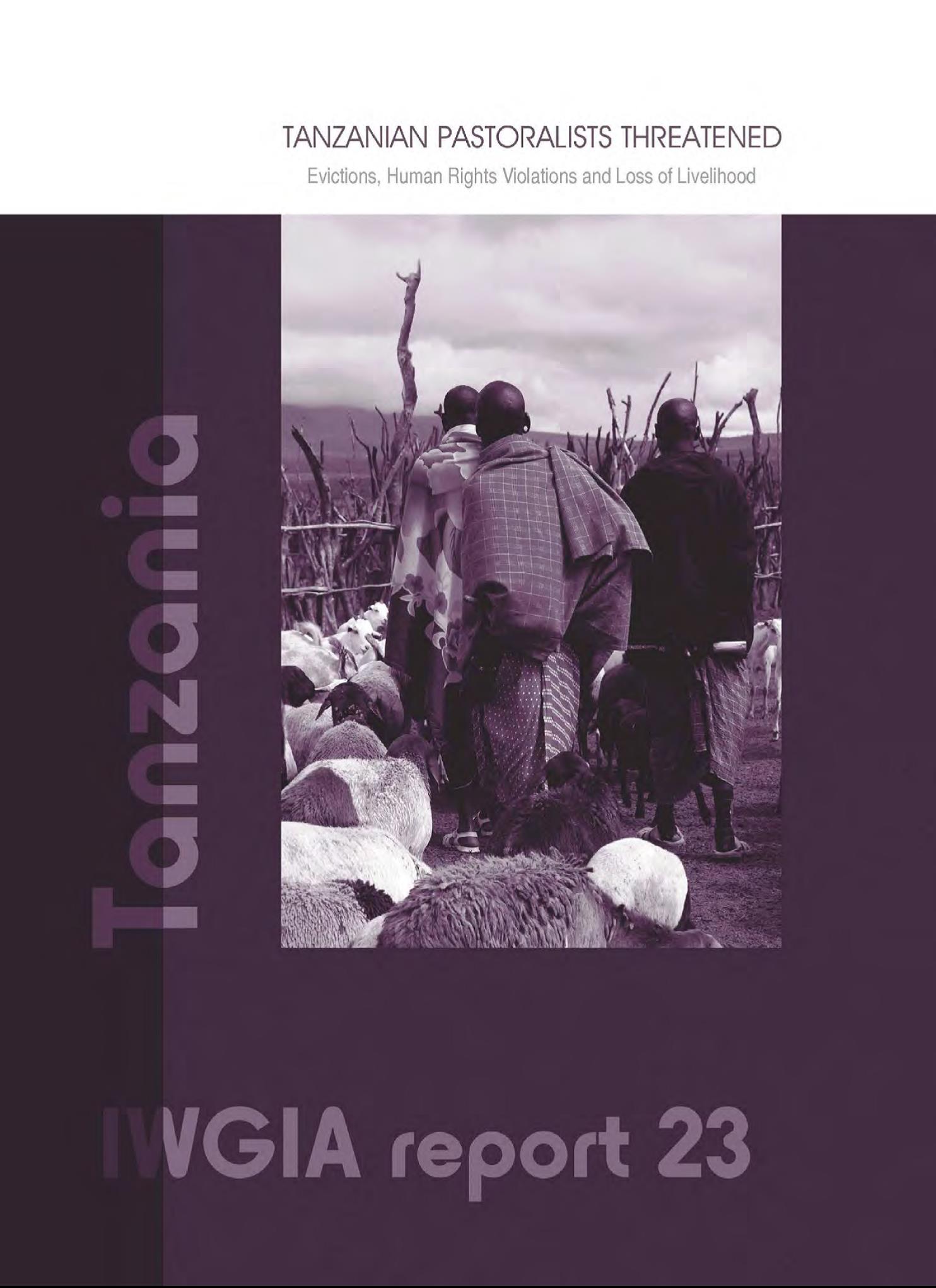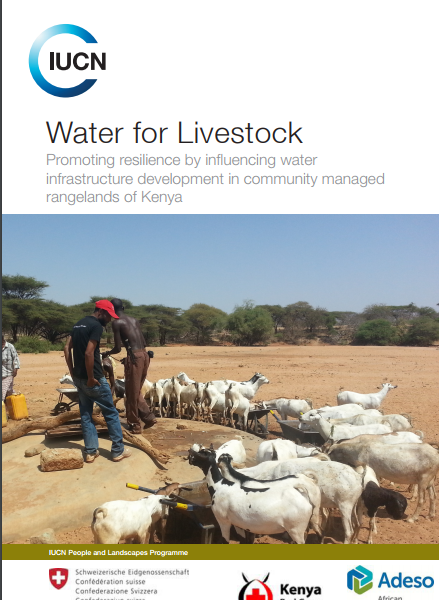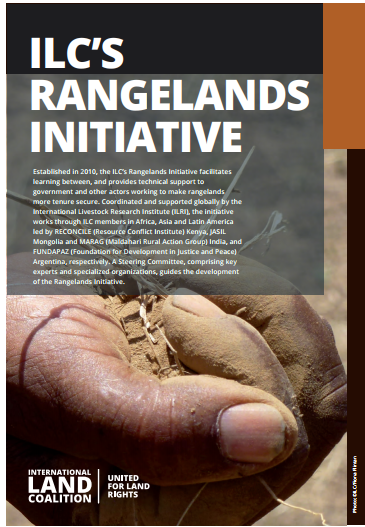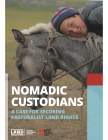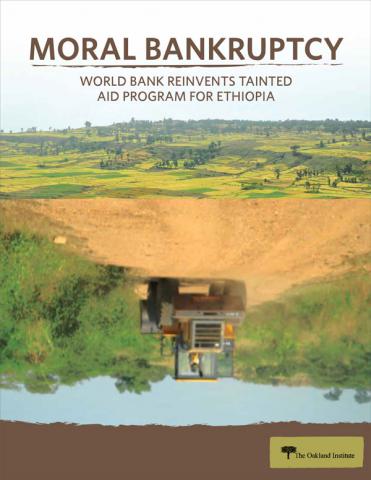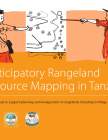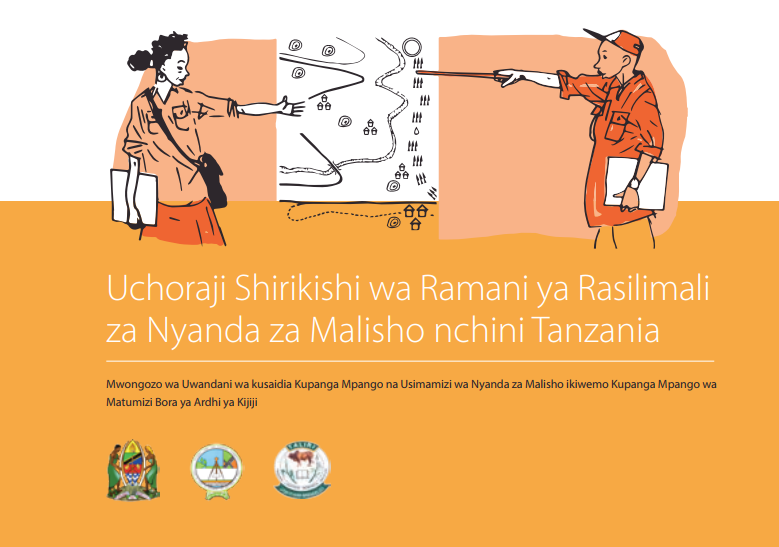Lay perceptions of risk factors for Rift Valley fever in a pastoral community in northeastern Kenya
Background: Human behavioral factors have been found to be central in the transmission of Rift Valley fever.
Consumption of contaminated meat and milk in particular have been identified as one of the key risk factors for
the transmission of Rift Valley fever in humans. In pastoral communities, livestock is the main source of livelihood
from which many benefits such as food as well as economic and cultural services are derived. Zoonotic diseases
therefore have a great impact on pastoral communities livelihoods. However, lay perceptions regarding the




